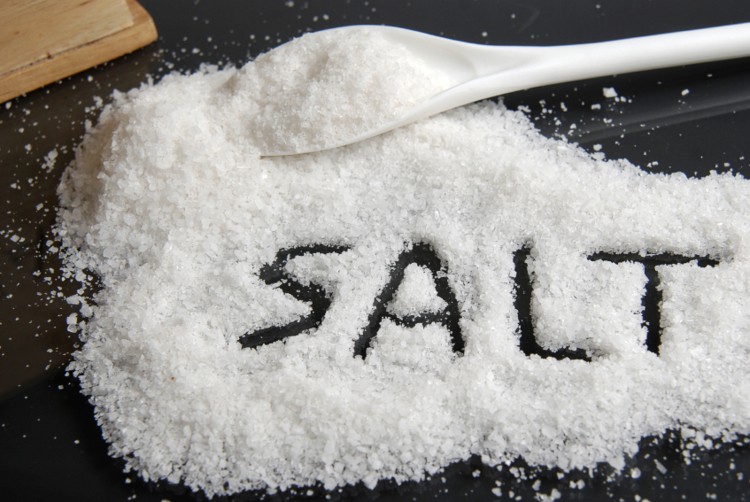Salt is an edible mineral that most people around the world use for cooking. However, it is good to know that excess consumption of it is harmful to the body system and is attributed to many health challenges.
Salt contains sodium and chloride which is needed for optimal muscle and nerve function. It is also used to help the body maintain it’s water and mineral balance.
Experts states that excess consumption of salt has both short term and long term effects on the body which can be outlined as follows;
SHORT TERM EFFECTS
– WATER RETENTION
Water retention is often seen in the hands and feet. They swell up and makes the person gain more weight.
RISE IN BLOOD PRESSURE
The constant consumption of salt causes higher amount of blood volume to flow through the blood vessels and arteries.
INTENSE THIRST
When your food contains too much salt, it causes dry mouth especially in the night and makes you feel the urge to drink more water.
LONG TERM EFFECTS
Consuming too much salt over a long period of time causes the following effects;
– Raises Blood Pressure
– Increases the risk of stomach cancer
– Increases the risk of heart diseases and death.
– Stroke
– Kidney stone, etc.
WHAT TO DO IF YOU HAVE CONSUMED TOO MUCH SALT
– Drink plenty of water to enable the body neutralize the salt to the ratio the body needs
– Eat foods that are rich in potassium such as fruits, vegetables, legumes, nuts, diary, etc.
– Reduce your usage of salt in other meals
– Eat fresh meals and avoid processed foods.
It is pertinent to note that consuming high amount of salt will make you feel bloated, increase your urge to drink more water and cause other damages in the body. The severity of the effects of the salt differs from person to person.








